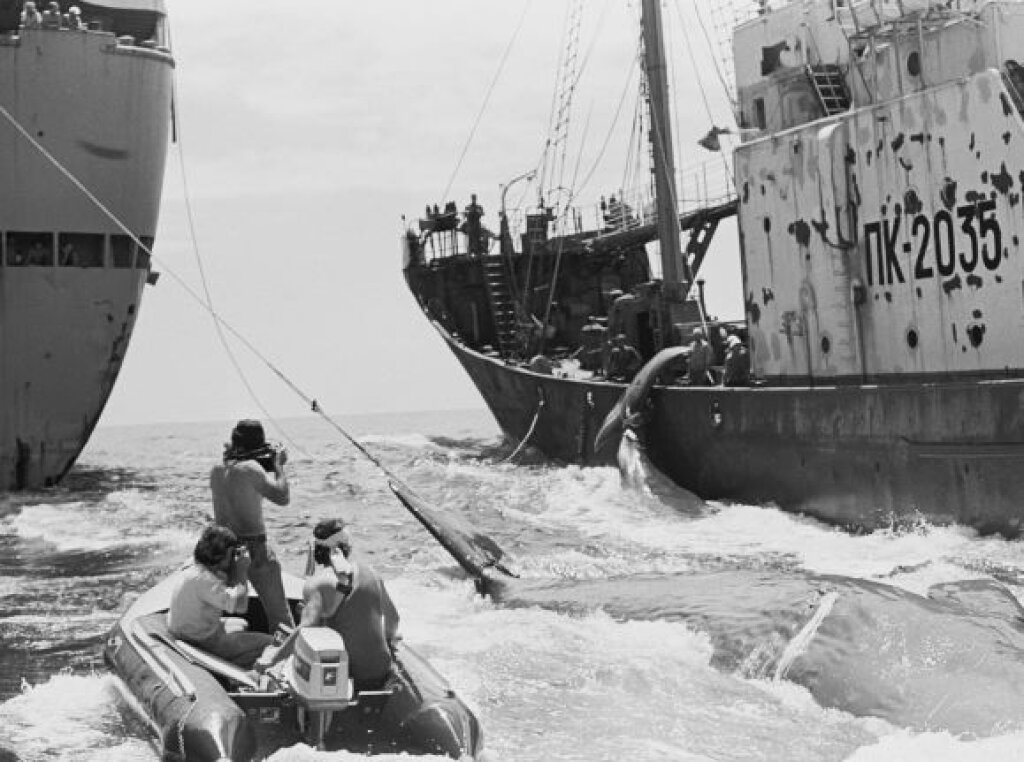Please join us on Tuesday, May 7, 2019 for a talk by Bathsheba Demuth of Brown University. This event is part of the Elihu Rose Lectures in Modern Military History and is co-sponsored by the Jordan Center for the Advanced Study of Russia.
This talk traces the history of whaling in the North Pacific from the early 1930s until the 1980s, where the Soviet Union's desire to exploit whales clashed with the growing American view of cetaceans as deserving preservation. It explores how whales became a way of projecting Cold War politics - and debates about what it meant to be moral, human, and modern - onto the high seas.
Bathsheba Demuth is Assistant Professor of History and Environment and Society at Brown University. She is an environmental historian, specializing in the lands and seas of the Russian and North American Arctic. Her interest in northern environments and cultures began when she was 18 and moved north of the Arctic Circle in the Yukon. For over two years, she mushed huskies, hunted caribou, fished for salmon, tracked bears, and otherwise learned to survive in the taiga and tundra. In the years since, she has lived in and studied Arctic communities across Eurasia and North America. From the archive to the dog sled, she is interested in the how the histories of people, ideas, places, and non-human species intersect. Her book, Floating Coast: An Environmental History of the Bering Straight will be released by W. W. Norton & Company in August 2019.
Watch the event recording here.

